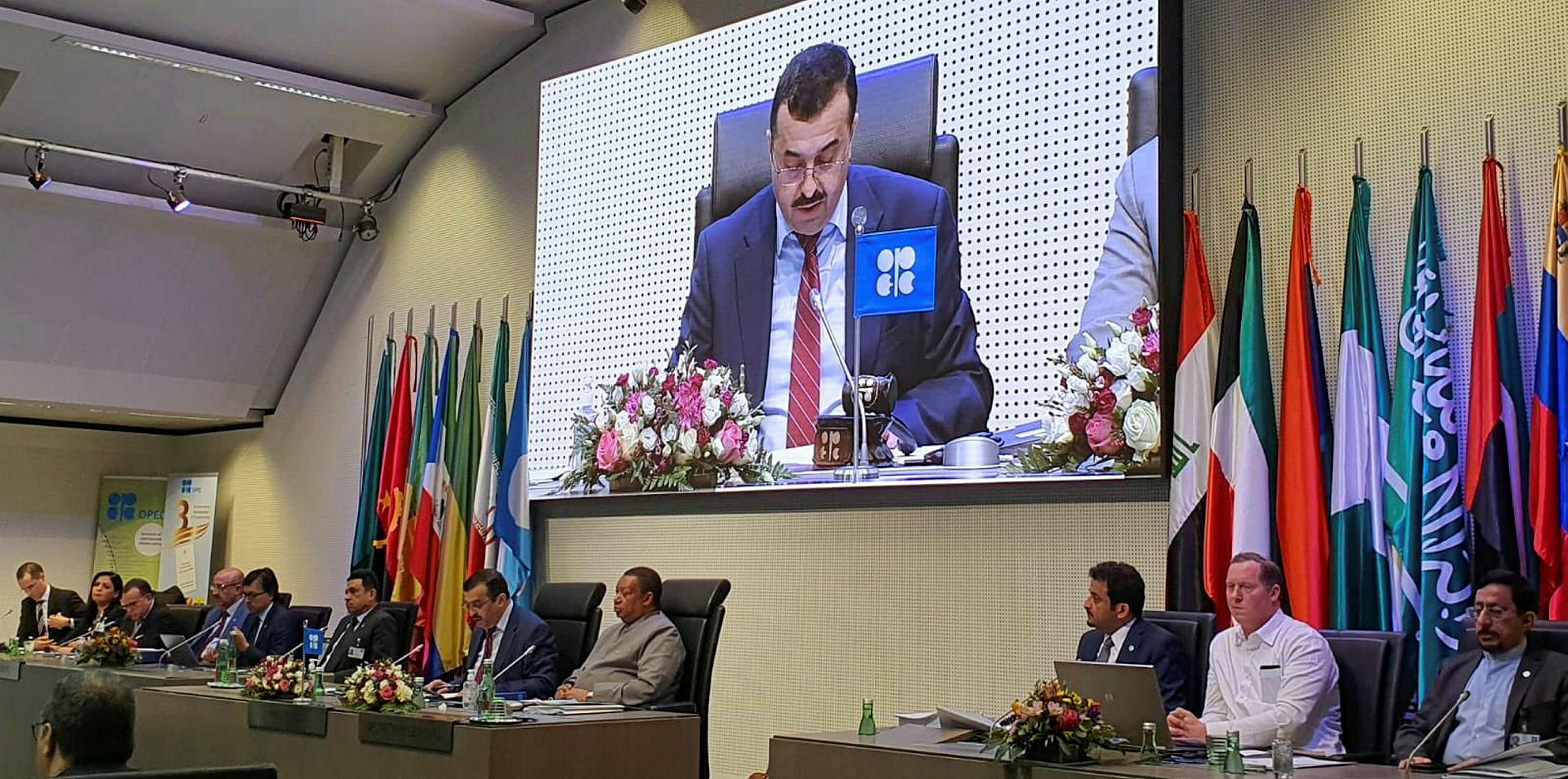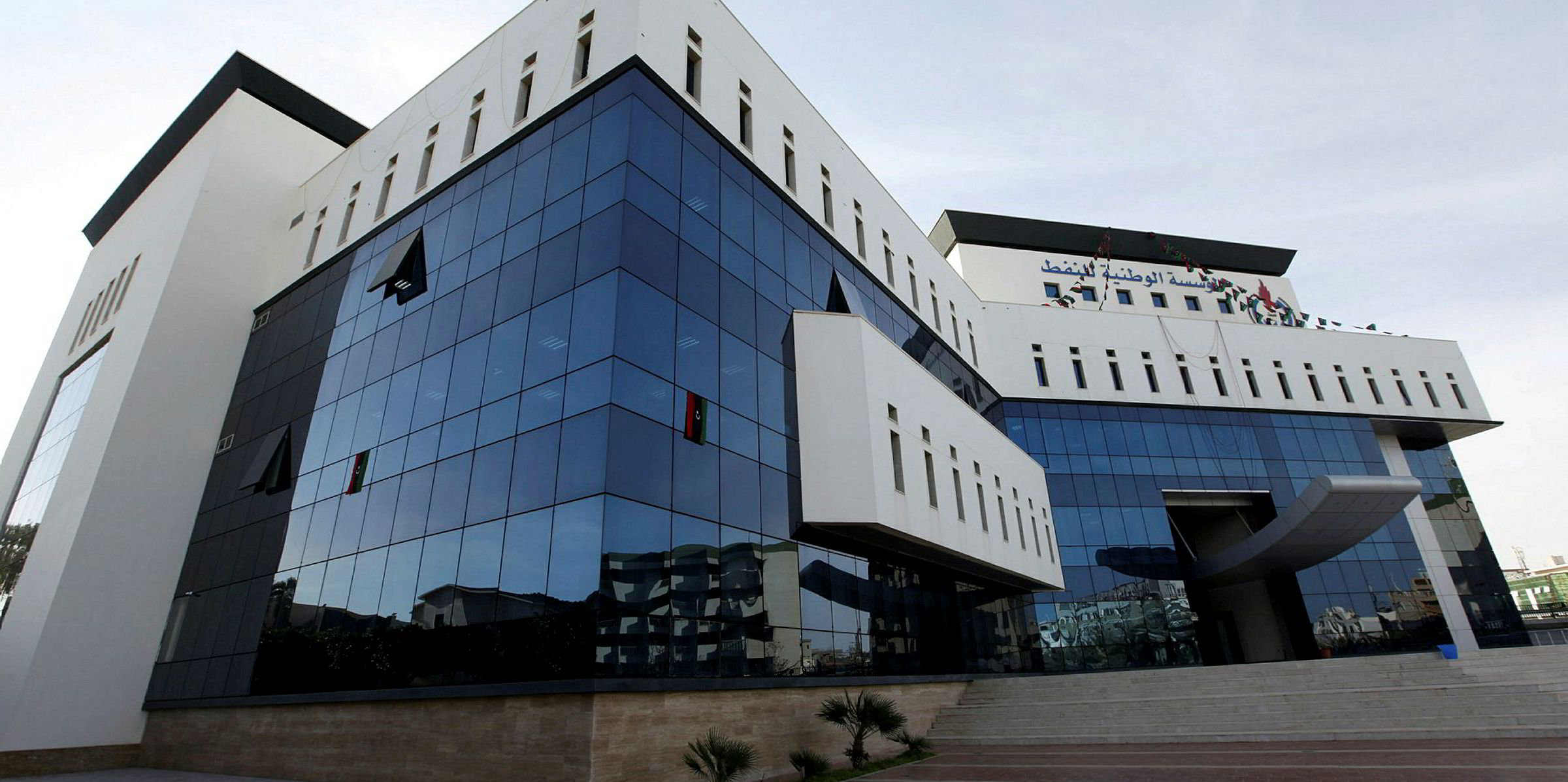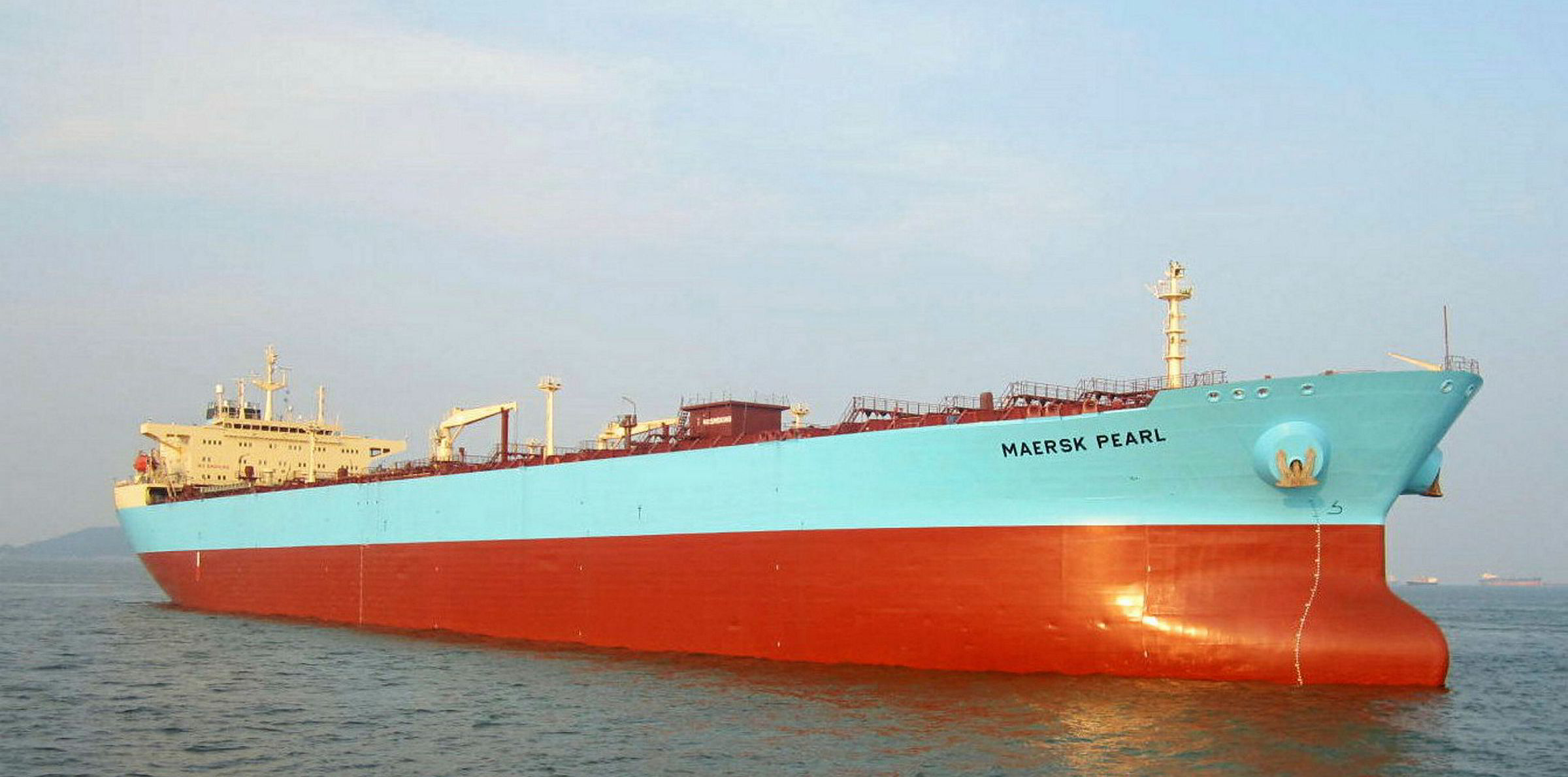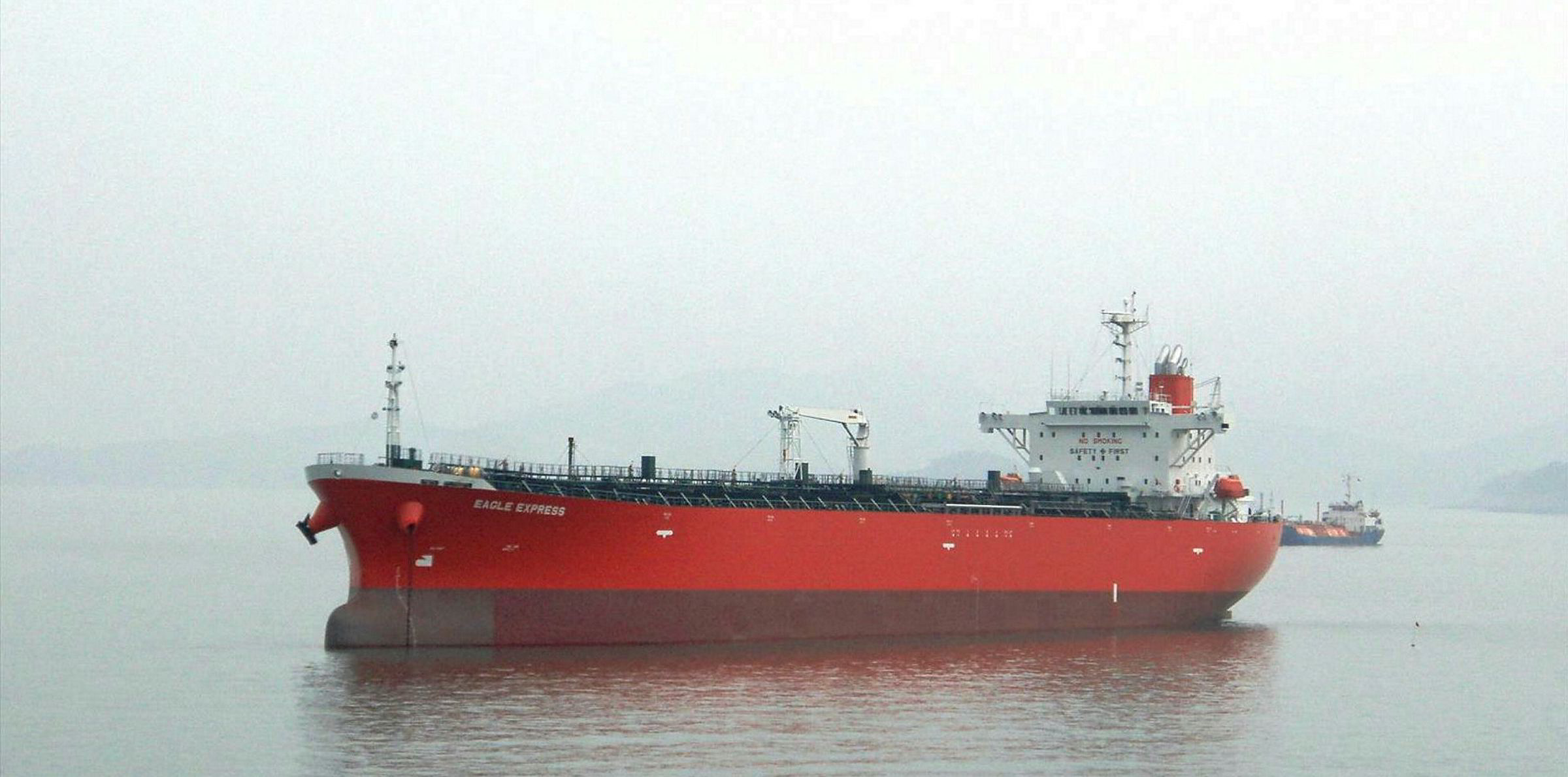Opec and its Russia-led allies are set to bring good news to tanker markets, where subpar fixing activity has been reported in June and July.
According to media reports, members of the Opec+ group are widely expected to agree to raise their crude output by 2m barrels per day (bpd) from August in their technical meeting on Tuesday and Wednesday.
Such a decision, based on the major producers’ previous supply deal, would be widely expected, but could also revive market confidence among tanker players, according to some analysts.
“For the tanker market, this is unquestionably good news,” Arctic Securities said in a note. “The supply cuts have hit hard with only VLCCs keeping their heads above water due to tonne-mile benefits, floating storage and port congestions in China.”
“A production rise of 2m to 3m bpd, which will be added to exports, represents a gain of 5% to 7% for seaborne trade, and tonne-miles. Global refinery runs are on the rise, which means customers should be lining up for cheaper crude.”
Opec+ supply deal
Previously, Opec+ has reached an agreement to reduce their production by 9.7m bpd between May and July as the coronavirus pandemic hit global oil demand hard.
This has led to a slowdown of fixture activity in the world’s main export regions.
According to data from Tankers International, 119 VLCCs were fixed to lift from the Middle East Gulf in June, compared with the average level of 154 vessels. Just 90 VLCCs have been booked to load this month, much lower than the average of 147 ships.
But the producers are now ready to pump more crude into the market, with a gradual recovery in oil demand amid relaxation of lockdown measures in many countries, most market participants believe.
While there are worries of a second wave of Covid-19 outbreaks in Brazil and the US, Opec+ will likely deem those regional developments and opt to go ahead with its planned production hike, according to Rystad Energy’s oil markets analyst Louise Dickson.
“The second wave appears to be manifesting regionally,” said Dickson. “While this carries downside risk to oil demand, Opec may see it as a regional, not global, market to be managed.
Market concerns
The past week has seen a return of charterers in VLCC and aframax trades, while the suezmax market remains listless.
Clarksons Platou Securities assessed average spot VLCC earnings globally at $37,000 per day on Monday, up 60.2% from the level seen on 6 July, while aframax earnings rose 17.5% to $9,000 per day. Suezmax earnings decreased by 1.8% to $14,800 per day.
With Opec+ producers only expected to finalise their August loading programmes after this week’s meeting, some market players suggest activity may be slower in the days ahead.
A London-based analyst warns of a worsening tonnage oversupply regardless of Opec+ action, with a large number of vessels being released from floating storage as destocking continues.
“If that trend continues, vessel supply will improve. I’m not sure Opec increases are enough to sustain it,” he said. “Once delays [in China] fade, VLCCs will be on their knees.”






